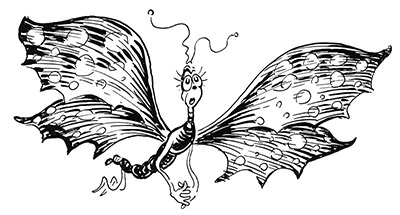Accolades and Honors
Dartmouth Names Medical School in Honor of Audrey and Theodor Geisel —
Audrey and Ted Geisel
In 2012, Dartmouth named its medical school in honor of Audrey and Theodor Geisel. Founded in 1797, the Audrey and Theodor Geisel School of Medicine at Dartmouth is the nation’s fourth oldest medical school. The Geisels’ generosity to Dartmouth during their lifetimes and through their estate plan renders the Geisel family the most significant philanthropist to Dartmouth in its history. Theodor “Ted” Geisel, known worldwide as the author and illustrator, “Dr. Seuss,” was a Dartmouth graduate of the Class of 1925. “Ted and Audrey Geisel’s work and life serve as a timeless example for our future physicians at the Geisel School of Medicine,” said Wiley “Chip” Souba, vice president for health affairs and dean of the medical school. “We teach our students to be compassionate, to pursue new knowledge that benefits their patients, and to have the courage and humility to make a profound difference in the lives of others.”
100 People Who Changed the World
In 2010 Life Books published 100 People Who Changed the World, describing their efforts as “a fascinating look at a group of crucial individuals, as well as a history of how we got from the very distant and often unknowable past, to the here and now.” They postulated four “integrated marches through history,” each one building on the other: philosophical, political, scientific, and cultural.
Dr. Seuss was singled out as a “cultural icon.” Life said of him, “Geisel entertained America’s young with his rollicking rhymes, nutty narratives, and playful but artful pictures.” However, he did “even more than entertain. His intricately crafted reader, The Cat in the Hat, was a fanciful adventure that educates even as it enthralls.” They recognized him for spending his long life “alternating between his no-rules novels, and books that grew ever more sophisticated, with word counts ever smaller to entice ever younger kids to read.” And that he did so in a place of his own creation, Beginner Books, where “educational science collided with whimsy.”
Dr. Seuss was the only children’s author who was included in the book. Taking his place in the “cultural icon” section, he finds himself in grand company appearing alongside Michelangelo, Shakespeare, Beethoven, Dickens, Le Corbusier, Chaplin, Chanel, Picasso, and Elvis.
Pulitzer Prize
In the spring of 1984 an Associated Press reporter phoned to say that Ted had won a Pulitzer Prize—a special citation “for his contribution over nearly half a century to the education and enjoyment of America’s children and their parents.” Ted was flabbergasted: “It comes right out of left field, particularly after all these years.” One judge said the proposal to award a Pulitzer to Dr. Seuss, initiated by San Diego newspaper editors, had met with “as close to immediate unanimity” as any he recalled. After that first phone call, Ted said, “all hell broke loose.” Although he refused to allow television “to set up all that gear here in my studio,” the prize brought him a flurry of exposure on network television.
Special Citations were not awarded every year. There have been 41 winners since 1930, including Bob Dylan (2008), Ray Bradbury (2007), Duke Ellington (1999), and Rodgers and Hammerstein (1944).
Honorary Degree from Dartmouth
In 1955 Dartmouth bestowed an Honorary Degree of Humane Letters on Ted Geisel. The citation read in part, “You single-handedly have stood as St. George between a generation of exhausted parents and the demon dragon of unexhausted children on a rainy day.”
Academy Awards — Dr. Seuss’s interests in three winning endeavors
Jack Warner won the 1946 Academy Award for best documentary short subject for Hitler Lives?, a remake of Your Job in Germany, Ted’s cautionary tale against troop fraternization, however, Ted received no credit.
Design for Death, written by Ted and Helen Geisel, won the 1947 Academy Award for Best Documentary Feature.
“Gerald McBoing-Boing” — Won the 1951 Oscar for Best Animated Short Film for United Productions of America, the animation studio which brought Ted’s book to life.
Emmy Awards
“Halloween Is Grinch Night” — Best Children’s Special, 1977
“The Grinch Grinches The Cat in the Hat” — Best Children’s Special, 1982
Peabody Award —
for the animated specials “How the Grinch Stole Christmas!” and “Horton Hears a Who!” — 1971.
New York Public Library Literary Lion
in 1986 Dr. Seuss was named a New York Public Library Literary Lion.
three Caldecott awards
The Legion of Merit
a military award of the United States Armed Forces given for exceptionally meritorious conduct in the performance of outstanding services and achievements, was awarded to Ted for his efforts during World War II.
Hollywood Walk of Fame
Dr. Seuss has a star on the Hollywood Walk of Fame at 6600 Hollywood Boulevard.
All information excerpted from: Secrets of the Deep, the Lost, Forgotten, and Hidden Works of Theodor Seuss Geisel and The Cat Behind the Hat


